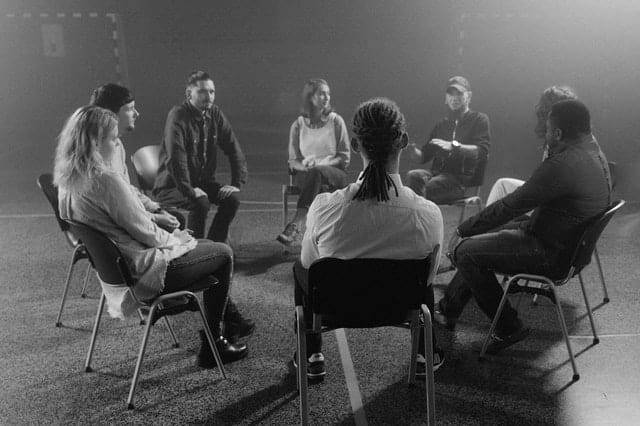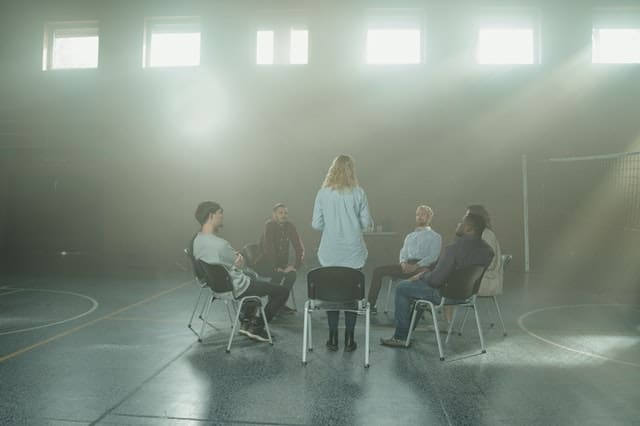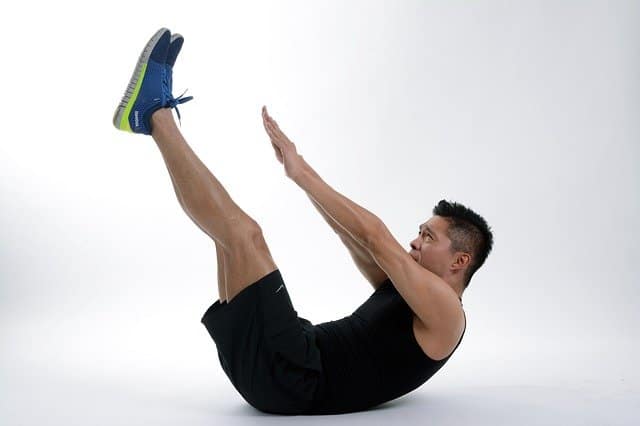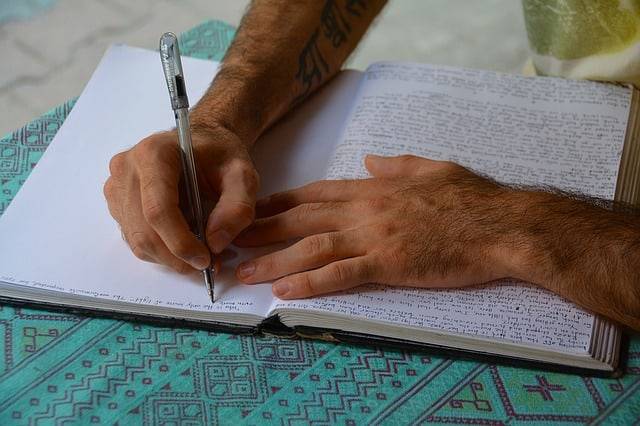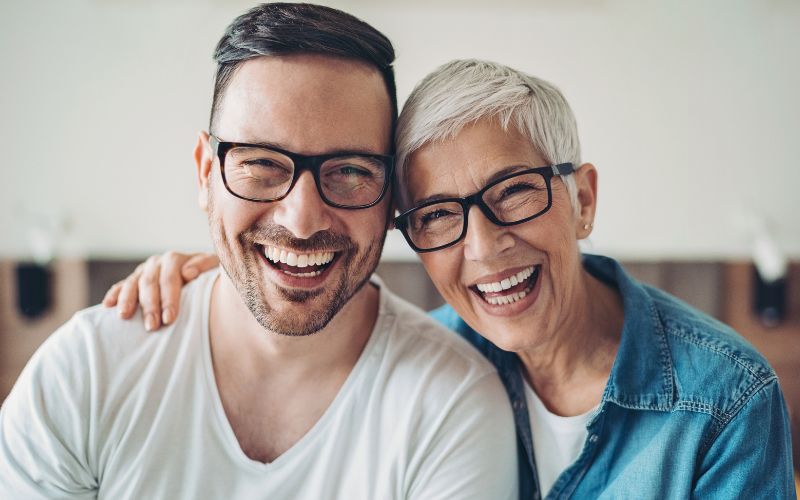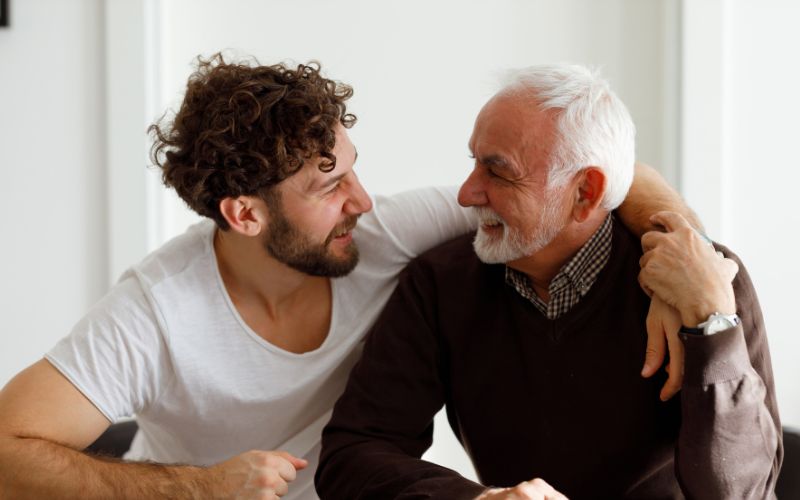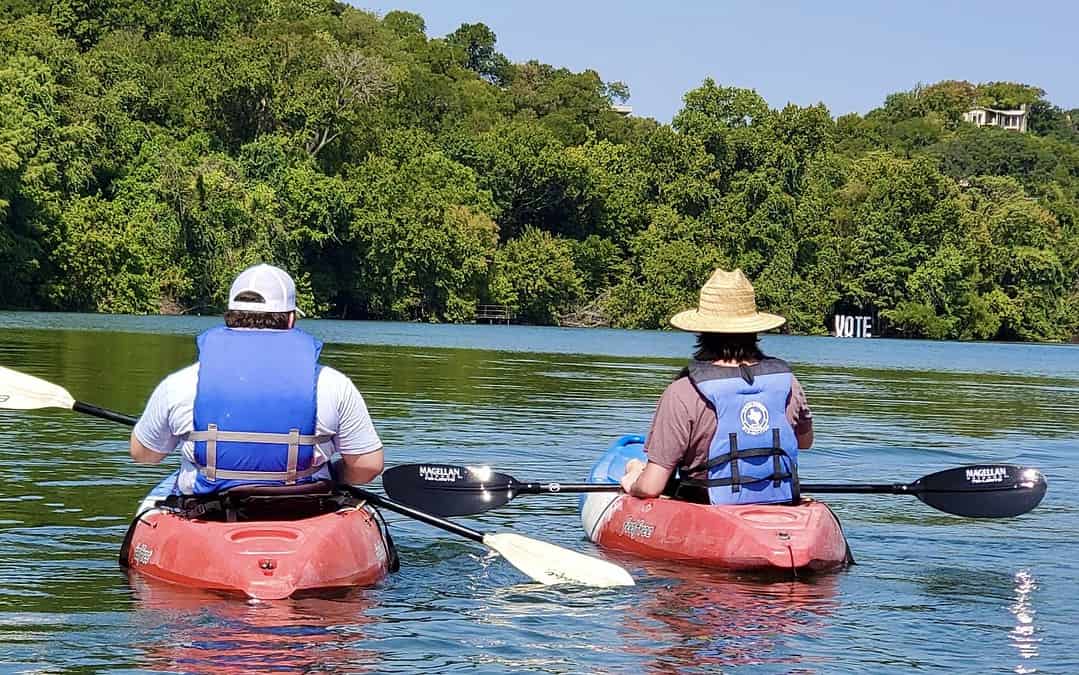The road to recovery is long and hard, which is why we believe that learning recovery skills/coping skills will help our patients to create a new life.
With IOP Austin at Alpha 180 offering the most advanced treatment program in Central Texas, you’re never alone. Our center uses a holistic approach that includes expert medical staff, state-of-the-art technology, and an emphasis on individualized care plans.
We are confident that our programs will help you achieve your goals for sobriety. As part of our Intensive Outpatient Program at Alpha 180, we counsel our program participants in Recovery Skills Building. There’s more to recovery than just avoiding drugs and alcohol. Building Recovery Skills is crucial to the process.
What are Basic Recovery Skills?
First things first; What are basic “recovery skills?” These are skills that help you create a new life. A life where you don’t just continually avoid using, but a life where you practice skills that make it easier to not use.
Basic recovery skills help you cope with the things and situations that life throws at you. Those triggers cause the urge to reach for that next drink or drug.
By learning healthy coping skills, you’ll find it gradually easier to reach a point where relapse is out of the question and even no longer an option.
Coping Skills in Recovery
Some of the top coping skills IOP Austin participants or trained in are:
- Keep yourself out of high-risk situations where relapse is likely.
- Don’t let situations control you. Control the situation by learning to relax.
- Get regular exercise.
- Keep gratitude lists and journals.
- Form a network of recovering addicts to provide support.
- Honesty is important, both with yourself and with others.
- Help others who are addicted.
The skills listed above are just a few of the skills you will learn and practice at Alpha 180 to help you recover from addiction and substance abuse. These skills can be applied to any other areas of your life that you feel like you could use some work on!
Really, the best part about working on all these things is it will help prepare you for future situations and build a new foundation to help you start over toward a clean and sober lifestyle.
What are some Recovery Tools?
Though the road to recovery can sometimes seem long and hard, it is important to remember that it is also a positive journey. Addiction recovery can bring with it a variety of wonderful memories, lasting relationships, healthy routines, and an unmistakable sense of self-awareness that can become an integral part of your life’s growth.
There will be good and bad days – just as you’ll have your good days and your hard ones. These foolproof, evidence-based addiction recovery tools can help.
You’ll learn the top coping skills listed above, but your training will go much deeper. You’ll work together on a group basis and one-on-one with your counselor.
These coping skills will become ingrained in you to make sure you’re ready to take on and conquer any potential issues you may encounter as you recover and learn to live life to its fullest once again.
Avoid High-Risk Situations Towards Addiction Recovery
You’ll not only learn to keep yourself out of high-risk situations where relapse is possible, but you’ll also learn what the most common high-risk situations are and discover when you’re most likely to encounter them. This way, you’ll be ready.
For instance, two of the most common high-risk situations are hunger and anger. You’ll discuss how you could possibly find yourself in these situations and what to do.
You’ll be happy to know that many times the answer is as simple as being prepared with snacks within easy reach. Snacks kept at your desk or in your car’s glove compartment can go a long way from you reaching the “hangry” stage, saying “Forget it!” and reaching for that drink or drug that you think is the answer. By always being prepared, you can avoid many relapses.
What about those times when a snack isn’t the answer to being angry? At IOP Austin, you’ll learn what to do about these situations too. Things such as deep breathing practices, controlling your thoughts, exercise to let off steam, yoga, listening to calming music, etc.
In group time, you’ll hear from other addicts and what worked for them. You may just learn the “one technique” that works for you. At any rate, you’ll have an arsenal of coping recovery skills to choose from.
Gratitude and Helping Others
Another recovery-building skill is helping other addicts. This is too often overlooked, but many times when you give to others or help others, you receive more of a benefit than those you are helping.
That’s why Alpha 180 employs both individual and group sessions. When people with the same issues work together and help each other, it helps form bonds and gives you someone who can empathize with you and is there when you need them.
If keeping gratitude lists and journals sounds a little too “corny” to you, think again. The act of taking the time to consider what you are grateful for, processing this information, and then physically writing it down is important on your road to recovery.
When you hit those rough patches, are feeling lonely and depressed, you can read what you’ve previously written. Writing gratitude lists and journals is a tangible reminder that can come to the rescue when you’re facing a trigger and doing your best not to relapse.
Let’s Talk About IOP Austin!
Recovery is tough! If you’re struggling on your next step to recovery, give us a call 833.257.4218 at Alpha 180. We’ll answer any questions or concerns you may have about joining our IOP in Austin.

